Playing games together is fun – but games are also great for helping children learn how to follow instructions, take turns and practise their communication skills. Not only that, but they also help them develop their co-ordination and motor skills (the skills they need for the movements and tasks we all do every day) and can help them sleep better – and who doesn’t want that?
Simple games to light up your child's mind
Here are some free, simple games you can slip into your day to help boost your wee one’s speech and language. Use the tips on this page to help get the most from the games – by letting them take the lead, getting down to their level, giving them time and showing them you’re listening and understanding. This video from Words Up shows how playing with your child is great for helping them learn new words.
Tip #1: Simon Says
This simple game helps your wee one learn to link words and actions, and to follow instructions – win win! To play, you give them simple commands, starting with the words ‘Simon says’: ‘Simon says pat your tummy,’ ‘Simon says sit down,’ ‘Simon says jump up and down,’ and so on. If the instruction doesn’t start with ‘Simon says’, anyone who still follows the instruction is out. You can also switch the game around so they give you the ‘Simon Says’ instructions, to get them used to taking the lead and help them remember words for different actions.
You can also play this game with their favourite toys, so it’s teddy or bunny giving the instructions. Watch this short video from CBeebies Parenting to find out more about how it helps your child’s development.
Tip #2: Play ball games
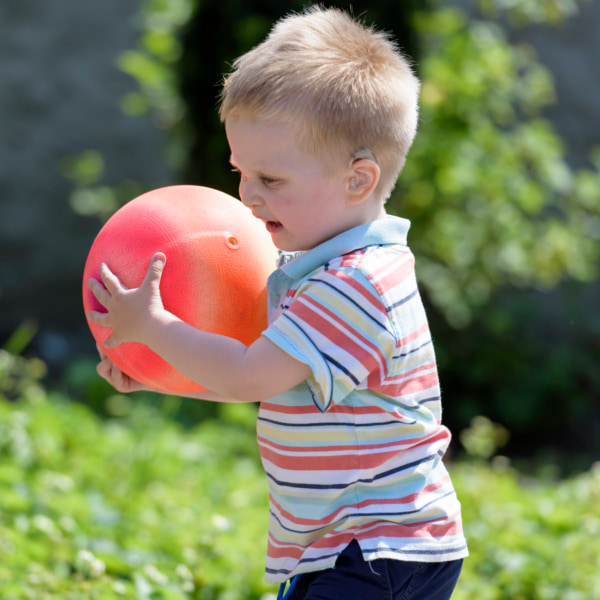
Ball games are brilliant for helping kids learn how to take turns, as well as improving their co-ordination. Plus throwing a ball backwards and forwards is a bit like having a conversation – it takes two. Why not try taking it in turns to say a word on a theme when you throw the ball? For example, you could name colours, or animals, or people you know. If you don’t have a ball (or don’t want to break anything indoors!) you could use a rolled up sock, soft toy or even a scrunched up piece of paper.
You’ll find lots more ideas for ball games on the CBeebies Parenting website.
Tip #3: Child in charge
Children love playing make-believe where they get to be in charge and lead the grown ups. So whether it’s pretending to be a teacher with you as the pupil, a doctor with you as the patient, or even a sergeant major with you as the soldier, they’ll love getting to boss you around for a bit. And while they do it, they’ll be practising their language skills.
For example, as a teacher they could teach you about colours, or numbers. As a doctor they could name different body parts, tell you what’s wrong with you and what you need to do to get better. As a sergeant major they could order you to march up and down, stopping and starting on their say-so.
Tip #4: Pretend phone calls
Chances are your child is fascinated by your phone – so why not turn this to your advantage by having make believe phone calls with them? You could pretend to be someone else, like their favourite book or cartoon character, and encourage them to ask questions about where you are, who you’re with and what you’re doing. Or you could just be you!
Tip #5: Cast a spell
Make a wand from a feather, a stick or any other pointy household object and cast spells on each other. Ask your child to make up a name for their spells and describe what they do. Are you now a frog? How will you break the spell? Remember to pause and wait for a response as you’re playing.
Tip #6: Sensory bag or box
Making a sensory bag or box full of things with different textures is another great way of helping your child expand their vocabulary. And did you know that when your child experiences a word with more than one of their senses, their brain will create more connections to that word? This video from our friends at Smart Play Network show you how to make a sensory box with things you may well already have lying about at home, or things you can find outdoors.
You can find out more about why sensory bags and boxes are so great for boosting speech and language skills on the CBeebies Parenting website.
Tip #7: Dressing up
Most kids love to play dress up – and you don’t need to buy special fancy clothes for this either. They’ll be just as happy to be let loose in your wardrobe – so maybe hide anything that isn’t easily washed!
As they try on different items, talk about what they are, and the parts of the body they go on – the hat on their head, gloves on their hands, and so on. Who are they dressing up as? What can they tell you about the character they’re becoming?
An added bonus of this game is it helps them practise getting dressed – so maybe saving you some time in the morning as they get more used to buttons and zips.
Tip #8: Fun with (pretend) food
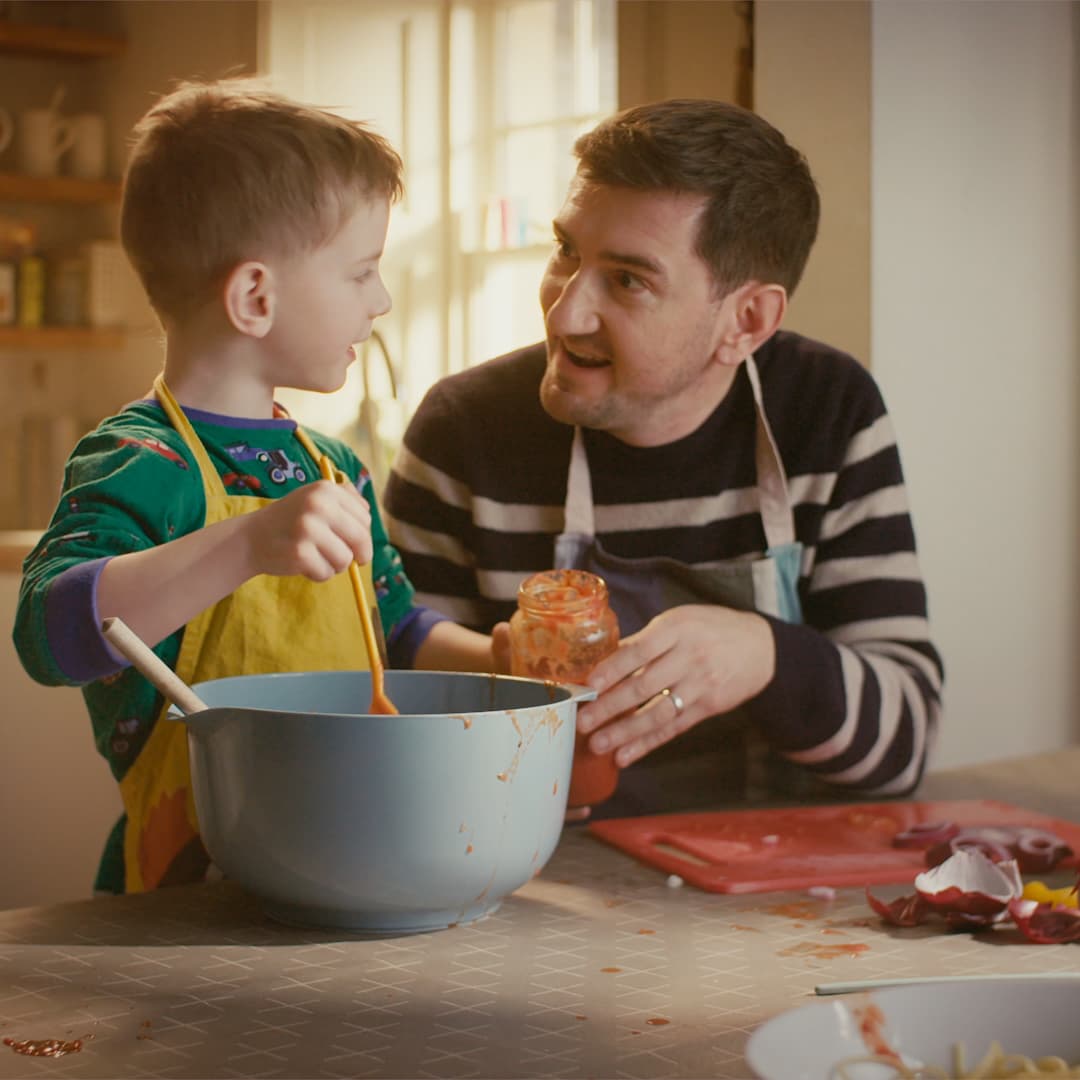
Whether it’s thinking up outrageous recipes, pretending to cook or creating a café for their toys, there are lots of ways you can have foodie fun with your child.
Whenever you play this kind of imaginary game, encourage them to talk about what they’re doing, and help them boost their vocabulary by suggesting new words and using them in context. For example, if they’re pretending to cook, you could ask them what the ingredients are, and suggest other things that might be added to the mix. Or you could pretend you’re in a café, and take it in turns to take each other’s orders and talk to the chef.
If you’d rather try this with real food, our page on cooking with the kids has more suggestions.
Tip #9: Games to play on the go
There are lots of things you can do on the bus or in the car that will not only distract them and pass the time, but also boost their speech and language skills. For example:
Playing I spy – if they’re too young to be able to spy something that starts with ‘a, b, c’, how about spotting something red or blue, or something big or small?
- Singing songs in the car to pass the time. If you need a bit of inspiration, you could always download the Bookbug app, so you’ll always have children’s songs and nursery rhymes at your fingertips.
- Making up songs or poems about what you can see – this will help them experiment with rhyming words. Can they see a dog? What rhymes with dog?
- Spotting yellow cars – yellow cars are fairly rare so it’s exciting when they can spot one. How many can they see in one journey?
- Counting people they pass by and describing them – this will help them learn new words, for example, for items of clothing.
You can find more ideas for fun things to do when you’re out and about that will also help kids communicate and learn here.
 Activities & Play
Activities & Play Behaviour
Behaviour Childcare
Childcare Development & Growing Up
Development & Growing Up Family, Friends & Relationships
Family, Friends & Relationships Feeding Your Baby
Feeding Your Baby Food & Eating
Food & Eating Health & Safety
Health & Safety Mental Health & Wellbeing
Mental Health & Wellbeing Money & Work
Money & Work Online Behaviour & Safety
Online Behaviour & Safety Pregnancy & First Days
Pregnancy & First Days School & Education
School & Education Sleep
Sleep

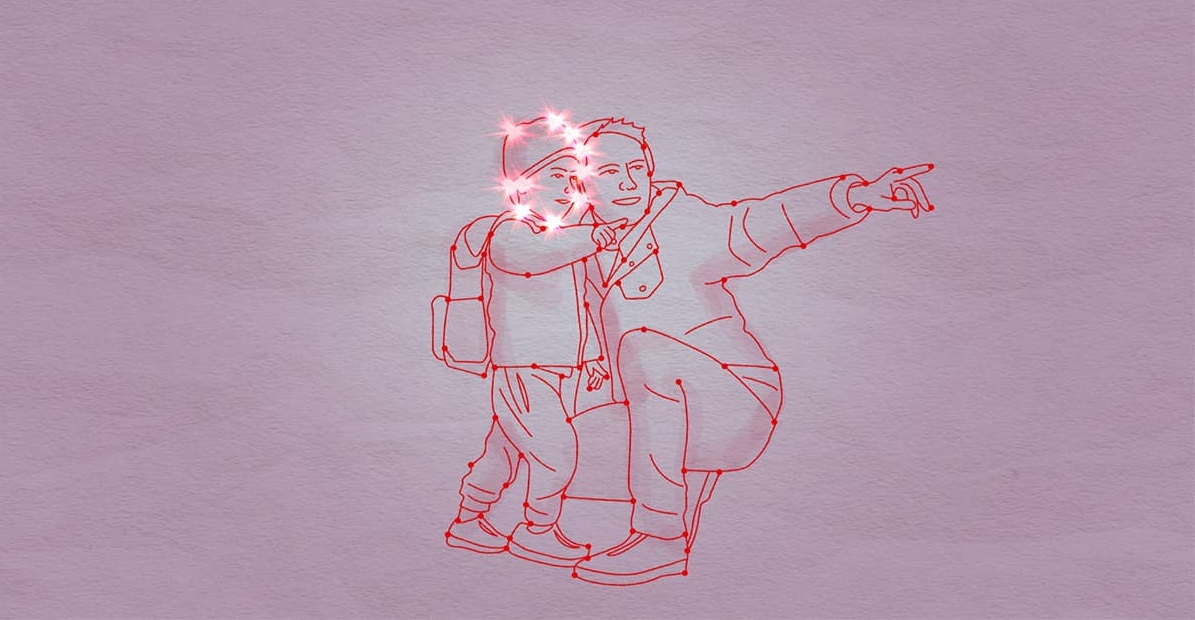
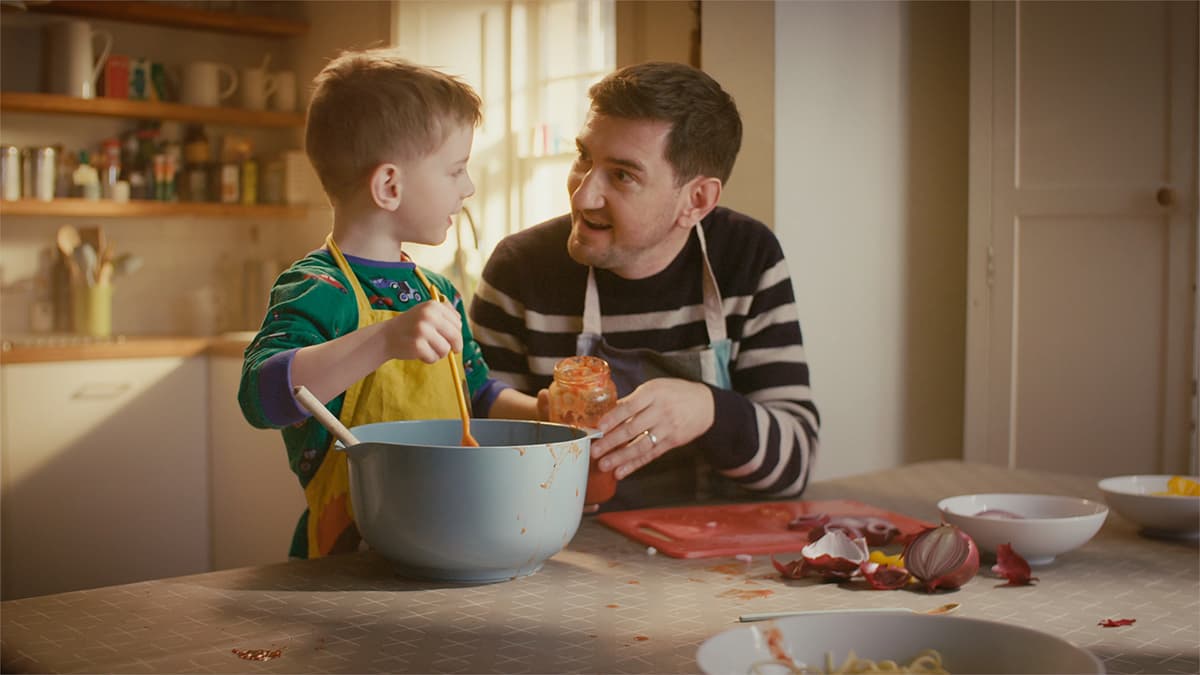

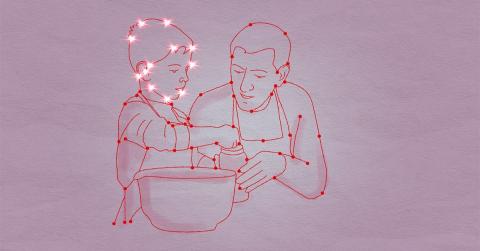

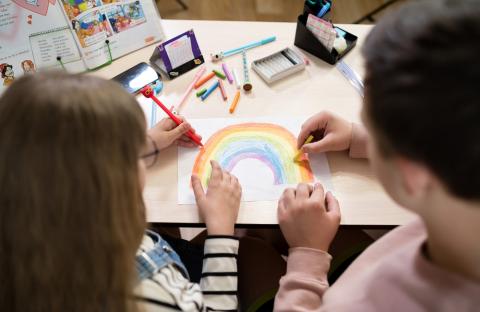

 Family, Friends & Relationships
Family, Friends & Relationships
 Mental Health & Wellbeing
Mental Health & Wellbeing